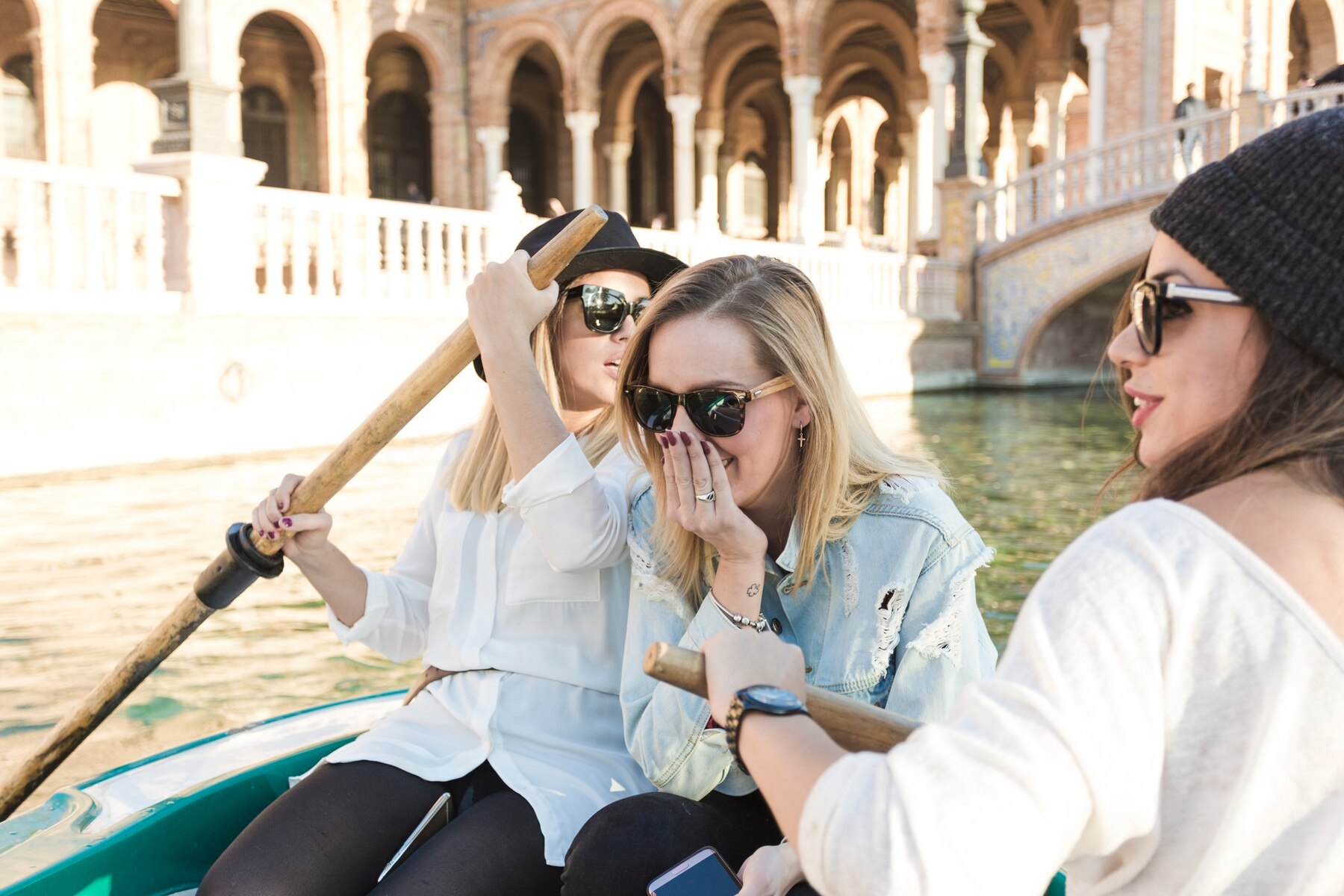Italian Dual Citizenship Benefits
Composer Giuseppe Verdi summed it up best when he said “avrai tu l’universo, resti l’Italia a me.” You may have the universe if I may have Italy.
With some of the world’s most famous art and architecture, world-renowned cuisine, instantly recognizable fashion, world class design, and gorgeous countryside and cities alike, Italy is one of the world’s most beloved places.
For those seeking a return to their Italian roots, there is no better way of reclaiming their heritage than becoming an actual Italian citizen and a holder of the coveted red passaporto.
But having Italian dual citizenship is not just a sentimental project. When you become an Italian citizen, you become a holder of an EU passport. And believe us–there are a number of tangible, real world benefits of Italian dual citizenship.

It's not just a citizenship. You get a ton of benefits as well.
All the perks of the EU
Affordable healthcare
No more student loans
More employment options
Pass it on to your kids
Double protection
Stop the clock
Honor your heritage
Frequently Asked Questions
Do I need to speak Italian to become an Italian dual citizen?
You can become an Italian citizen by descent even if you do not speak Italian. In fact, if you are eligible for Italian dual citizenship you are actually already an Italian citizen. The process of obtaining Italian dual citizenship is nothing more than the seeking legal recognition of a status you already possess.
Will I have to pay Italian taxes?
Only if you are living and working in Italy. Unlike the United States, Italy does not tax its citizens on their worldwide income.
Will I have to serve in the Italian armed forces?
No. Italy has abolished the draft and has no intentions of reinstating it.
Do I have to be a certain percentage Italian to qualify?
No. You need only have one qualifying ancestor, no matter how many generations back.
How do I use my Italian passport?
Remember to enter Italy with your Italian passport, and enter the US with your American one. The rule of thumb is to always use the country’s passport of the country you are entering.
Where do I apply?
You can apply in one of three ways: at your consulate, in Italy, or in court (only applicable to a small number of applicants). Most people will apply either at their consulate or directly in Italy.
Is there a fee?
Yes. The Italian government charges a 300 euro fee per adult applicant (over the age of 18). This fee is non-refundable no matter the outcome of your application.

